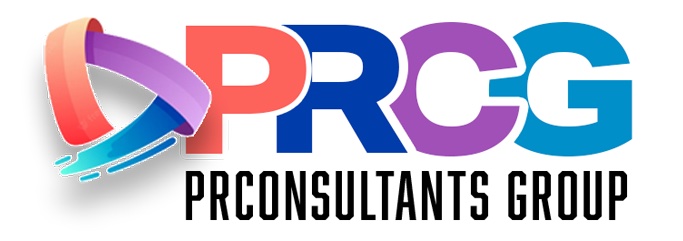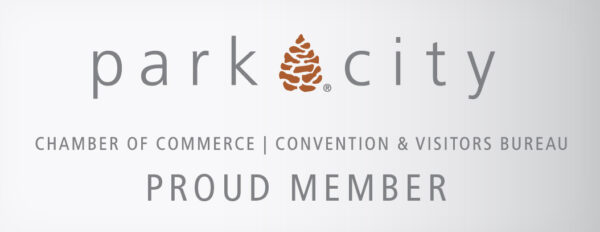HOW TO IMPROVE HEALTHCARE INEQUITY FOR LGBTQ+ PATIENTS
In honor of Pride Month, Clinical and Forensic Psychologist Dr. Andrew Mendonsa addresses healthcare inequity of this diverse population
 As society becomes more accepting of diverse gender identities and sexual orientations, the LGBTQ+ community is growing. According to a 2021 Gallup poll, Americans who identify as belonging to this community grew to 5.6% of the total population, up a full percentage point from 2017. While June is a month to celebrate Pride, Dr. Andrew Mendonsa, a nationally respected clinical and forensic Psychologist, is committed to highlighting how to improve the healthcare disparities LGBTQ+ patients experience.
As society becomes more accepting of diverse gender identities and sexual orientations, the LGBTQ+ community is growing. According to a 2021 Gallup poll, Americans who identify as belonging to this community grew to 5.6% of the total population, up a full percentage point from 2017. While June is a month to celebrate Pride, Dr. Andrew Mendonsa, a nationally respected clinical and forensic Psychologist, is committed to highlighting how to improve the healthcare disparities LGBTQ+ patients experience.
“I have seen a gradual, increasingly positive evolution in the ways that healthcare providers treat the LGBTQ+ community, from the terminology we use to the ways we communicate with patients, but we still have a long way to go to close the alarming gaps in healthcare for LGBTQ+ individuals,” says Dr. Mendonsa.
Those who identify as LGBTQ+ still experience higher rates of depression, anxiety, eating disorders, and substance abuse than the general population. Their suicide rate is also higher than that of heterosexuals. Lesbian, gay and bisexual youth in grades 7-12 are more than twice as likely to attempt suicide as their heterosexual peers. The LGBTQ+ community also faces disproportionate physical health issues such as elevated risk for heart disease, obesity, sexually transmitted diseases, and possibly elevated rates of cervical and breast cancer (perhaps due to less frequent screening).
“In addition to continuing to experience discrimination in society, many who are LGBTQ+ also face discrimination from healthcare providers, which leads to avoiding seeking care and subsequently more unaddressed health problems,” Dr. Mendonsa comments. “Healthcare leaders can better serve the LGBTQ+ community by becoming more educated about the unique issues they face, and learning how to provide more personalized, considerate, and effective care.”
Dr. Mendonsa suggests providers focus on the four following ways to narrow the healthcare gap.
Understand Why LGBTQ+ Sensitivity Matters
Discrimination in a healthcare setting can affect how likely LGBTQ+ patients are to receive care when they need it. More than half of LGBTQ+ individuals surveyed in a Harvard-led study reported experiencing slurs, microaggressions, violence and sexual harassment while receiving healthcare. One in six reported avoiding care because of anticipated discrimination. When healthcare providers are sensitive to this history, they can communicate more effectively with LGBTQ+ clients, establish regular wellness visits, and encourage preventative care.
Provide Ongoing Education
The LGBTQ+ community is constantly evolving and growing. Ongoing education, whether virtually or in-person, can help providers better communicate with patients by learning what questions to ask, what terminology to use, and what health concerns to address.
“I encourage healthcare leaders to invite members of the LGBTQ+ community for question-and-answer sessions that allow for direct feedback, but there are many formats that allow for effective education, including a host of affordable webinars and other online programs that allow employees to pursue training on their own,” Dr. Mendonsa says.
Create an Inclusive Environment
An office or clinic environment, from the physical space to the admin processes, impacts how patients feel about their care. Asking patients for their preferred pronouns during intake, for example, is a small way to demonstrate sensitivity toward gender identity. Ensuring that all gender identities feel comfortable using the restrooms, can also go a long way. Simple details in common areas, such as an LGBTQ+ flag, can further convey inclusiveness. Leaders at mental and behavioral health facilities may also want to consider specialized, online or in-person programs for LGBTQ+ clients.
Build Your Referral Network
Questions and concerns related to gender identity or sexual orientation can often blur the lines between physical and mental health. Physicians should make an effort to build their referral networks of medical doctors and mental health experts who understand the needs of LGBTQ+ clients to provide more comprehensive treatment.
“A personalized approach is essential. I find this is particularly true in my own field of mental health. Whether a client is experiencing depression, anxiety, trauma or substance use, each will have a unique set of circumstances and goals that inform their treatment,” Dr. Mendonsa explains. “Even as many of us strive to provide better treatment to the LGBTQ+ community, we must continue to see every patient as a unique individual.
ABOUT DR. MENDONSA
As a licensed clinical and forensic psychologist, Andrew Mendonsa, PsyD, MBA, offers a unique perspective on the mental health industry. He has worked in a variety of settings, including juvenile justice, correctional facilities, inpatient psychiatric hospitals, and hospital emergency departments. This varied perspective, combined with his executive experience, gives him a unique voice on a range of topics, from social justice in healthcare to addiction recovery treatments. Dr. Mendonsa’s vast expertise has made him a valuable source on a wide range of topics for news outlets such as NBC, ABC, Forbes, Huffington Post, and USA Today. He was also featured in the Mayo Clinic article: “Top 30 Psychology Authors Bringing a Revolution in the World of Mental Health.” Dr. Mendonsa is a member of American Psychological Association, American Psychology-Law Society, American Association of Suicidology, Rotary, Forbes Business Development Council, and Sutter Club. For more info about Dr. Mendonsa, visit www.andrewmendonsa.com.




